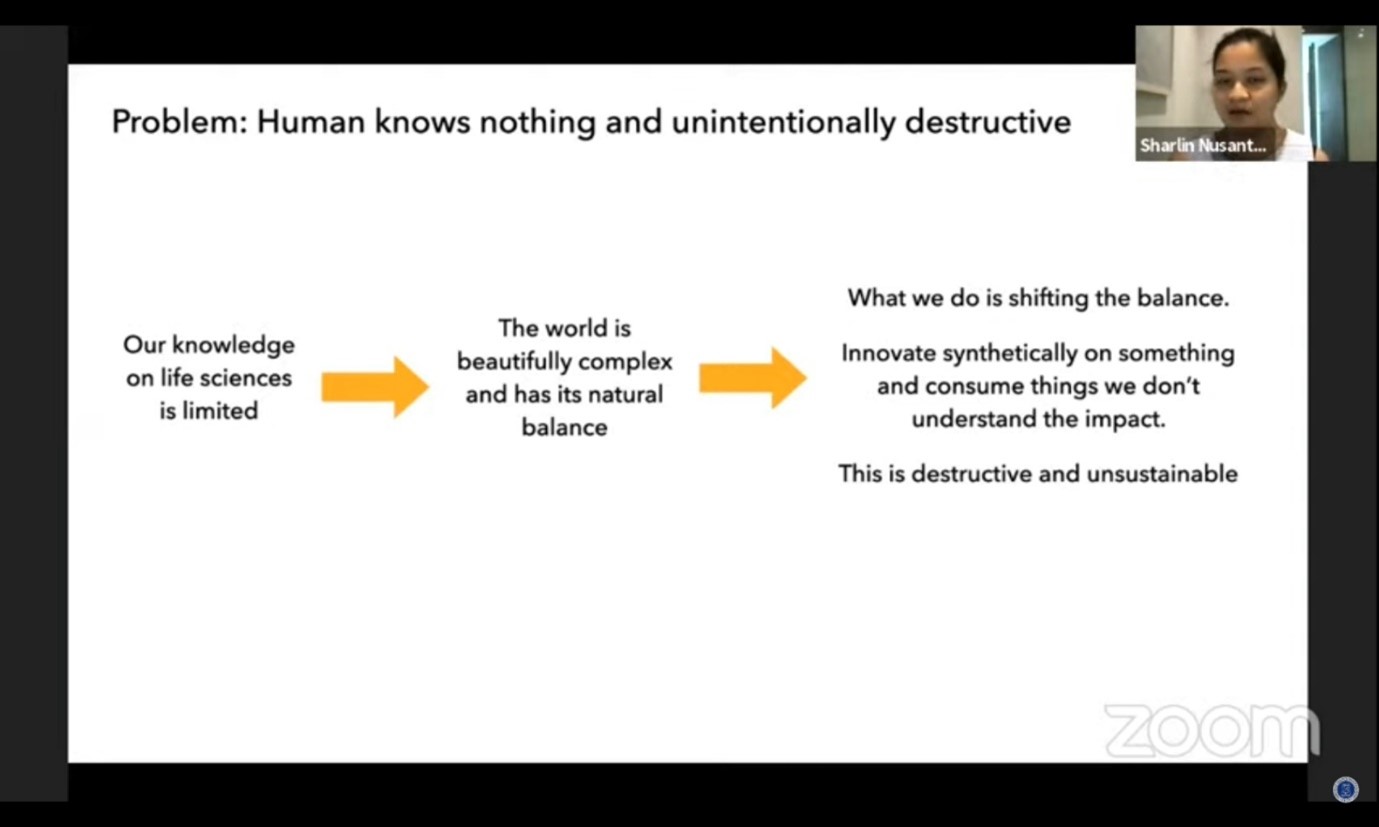Exploring Indonesian Urban Dynamics: Elites, Policies, and Research Approaches

BANDUNG, itb.ac.id – The School of Architecture, Planning, and Policy Development, Bandung Institute of Technology (SAPPD ITB), held the Third Session of the SAPPD Webinar on Wednesday (12/6/2024) to discuss the understanding of contemporary Indonesian cities. The event was a collaboration between SAPPD ITB lecturers and several international doctoral candidates, supported by the American Indonesian Exchange Foundation (AMINEF).
A doctoral candidate from the National University of Singapore, Anders Kirstein Moeller, presented the topic "Elite Aspirations and Mobile Policies: 'Studying Up' Urban Planning in Indonesia". With an interdisciplinary background and experience in public policy in Myanmar, he emphasized the importance of understanding elite aspirations and how their policies move and are implemented in the context of urban planning in Indonesia.
Anders explained the need for "studying up," a research approach focused on elites and the spaces they occupy. This is due to the challenges of understanding elite culture and space, given the limited access, unique organizational cultures, and the busyness of the elites. He highlighted that "studying up" has significant benefits in understanding elite practices, eliminating stereotypes, and uncovering practices that lead to visible urban policies.

Anders also discussed the concept of "policy mobilities," which emphasizes the role of policy movement between locations, actors, and institutions. He cited the Bus Rapid Transit (BRT) system popularized by Bogota, Colombia, and subsequently adapted in various cities worldwide, including Jakarta. This concept demonstrates that policies are not just transferred but also transformed and adapted as they move.
Besides "studying up" and "policy mobilities," Anders highlighted other research methods used in his doctoral research, focusing on the New National Capital (IKN). He stressed the importance of flexibility and innovation in complex and dynamic social research. His approaches include interviews, participant observation, and social network analysis. Triangulation of data and follow-up questions are also necessary to ensure the accuracy of the information collected.

scan for download







